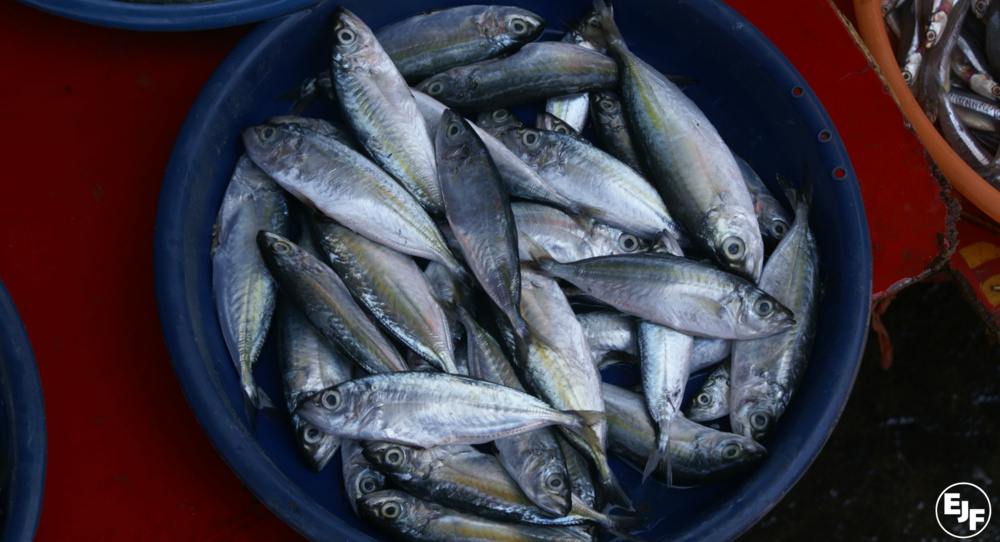
Global Oceans Commission Report Offers Path to Sustainable Oceans
The Global Oceans Commission (GOC) joined the EU Commissioner for Fisheries today to launch its ground-breaking report on reversing the decline of the world’s oceans.
The report gives a range of detailed recommendations including measures to end Illegal, Unreported and Unregulated (IUU) fishing.
The GOC warn that “The Ocean is under threat, and humanity’s approach to it is uncontrolled. Benign neglect by the majority, and active abuse by the minority, have fuelled a cycle of decline.”
To address this, their report, The Global Ocean—From Decline to Recovery, argues that the current approach to global fisheries management needs immediate and significant reform. It calls on the UN to create a Special Representative for the Ocean. This position would coordinate the universal adoption of existing measures that are being introduced too slowly, like the Port States Measure Agreement and mandatory unique identifiers for all vessels, and consider new measures like the creation of a High Seas Regeneration Zone.
EJF Executive Director, Steve Trent, said the report "highlights one of the world’s most pressing problems and contains key solutions that can reverse the decline of the marine environment. Our oceans support a huge wealth of life that is being devastated by unsustainable activities like illegal fishing. The degradation of marine environments is not only an urgent conservation matter but also harms communities who depend on the oceans for food security and livelihoods. The EU has led by example in the effort to combat illegal fishing, demonstrating that the ideas proposed by the GOC are not only necessary, but achievable.”
The report singles out IUU fishing as an urgent priority. It says “IUU fishing on the high seas has significant negative ecological, economic and social impacts, and disproportionately affects developing countries. To effectively combat IUU fishing, the illegality of the practice needs to be uniformly established, the likelihood of being caught needs to be increased and market access for IUU fish needs to be cut off.”
Preventing IUU fishing has been a key priority for the event’s host, the EU Commissioner for Fisheries and Maritime Affairs, Maria Damanaki. Under her leadership, in the past two years the EU has warned 13 States that they risk sanctions unless they improve efforts to combat IUU fishing. Three nations—Guinea, Belize and Cambodia—have had these sanctions applied after failing to demonstrate improvements. This approach of denying market access to illegal fish is a leading example of the proactive actions recommended by the GOC.
The Brussels launch of the report coincides with the creation of a new coalition of NGOs working to combat IUU fishing. Supported by the Oceans 5 funders’ collaboration, the coalition will include the Environmental Justice Foundation (EJF), Oceana, The Pew Charitable Trusts and WWF. The coalition will focus on supporting the continued and improved implementation of the EU’s efforts to prevent illegal fishing.
SIGN UP FOR OUR EMAILS AND STAY UP TO DATE WITH EJF